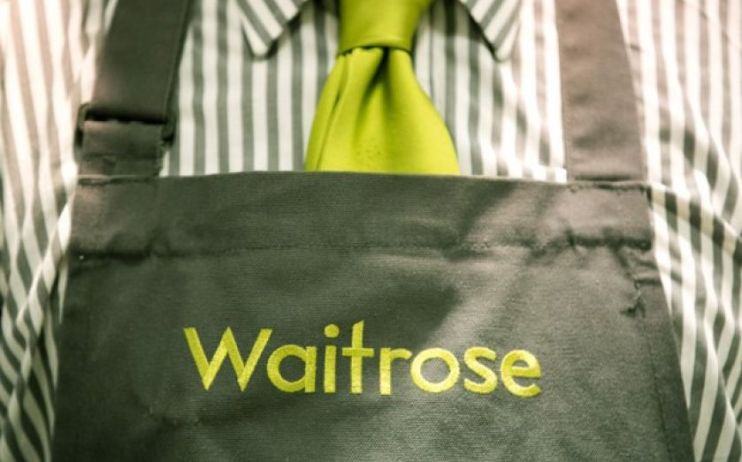The nation’s health is priority number one, but we must continue the great work we’ve done to reduce plastics use

Recent government figures revealed that since the introduction of the 5p carrier bag charge, new carrier bag sales have fallen by 59 per cent in the past year in England’s major supermarkets. This translates to shoppers buying, on average, just four new bags per year compared to 10 the previous year.
This is a significant drop, but it’s only when comparing to figures from 2014 that our progress is really shown, with shoppers back then taking an average of 140 bags per year.
This is a monumental stepchange revealing that significant progress has been made since the introduction of the 5p charge in 2015. And although many may still feel aggrieved they have to pay for the privilege of accessing a service that used to be complementary, it clearly has proven a successful motivator in changing people’s behaviour, if not everyone’s mindset.
Read more: Waitrose hires ex-Sainsbury’s director as new boss
At the start of 2020, we saw this behavioural shift in full flow in our stores — with record numbers entering with their reusable bags and cups. And with the launch of our Waitrose Unpacked trial in July last year and our broad reduction of single-use plastics, the future looked truly bright.
But then Covid-19 took hold of the world.
It not only consumed millions of us, it understandably shifted our priorities to the safety of ourselves and our loved ones. And in that shift in priorities, almost overnight, plastic went from social pariah to guardian — protective equipment such as masks, gloves and bottles of sanitiser are now a necessary barrier to shield ourselves and others from the potential spread of coronavirus.
Although this is a necessary use, sadly, it’s not taken long to see examples of protective gear discarded in our natural environment, with cases reported of masks and plastic gloves being left in our parks and on our beaches.
Read more: Are we heading back towards single-use plastic because of coronavirus?
These are unprecedented times, and there has been an understandable increase in the use of single-use plastics throughout Covid-19. However, we must all be accountable for our own actions and ensure that we do not regress so far as to compromise the great steps we have taken in the last few years.
The health of our society will always be paramount. This is why we took measures prior to the peak of the pandemic to protect our partners and customers — from postponing our bagless delivery trial, to introducing social distancing measures and a fixed time for elderly and vulnerable shoppers to enter our stores early on in the pandemic.
We simply don’t know how long this pandemic will last, and while our customers continue to be concerned about their wellbeing, because of this fact, they have also told us that they want us to continue, where possible, to reduce our use of unnecessary plastics.
Indeed, in recent research, despite some members of the public claiming their view on plastics had changed as a result of Covid-19, over half said they wanted supermarkets to continue to prioritise the reduction of unnecessary plastics use.
This is why we have taken the decision to reintroduce our recycling collection service of carrier bags for all Waitrose.com deliveries, with customers able to return old carrier bags to their delivery driver from 17 August — something we strongly believe is the right thing to do.
Read more: A CEO’s guide to reaching net zero carbon emissions
The safety of our customers and partners will always be our first priority. This means that we will without hesitation take any safety measures we need to in order to protect them.
But long term, our ambition remains the same. We have already made significant milestones. We have halved our packaging by almost 50 per cent; we have substantially reduced plastic packaging made from hard-to-recycle black materials; we introduced the world’s first compostable ready-meal tray, and we’ve invested heavily in helping organisations like the Marine Conservation Society clean up litter from discarded bottles and cans on our beaches.
These are significant achievements, but they represent just the start.
We stand firm by our pledge that by 2023, all our own-brand packaging is reusable, widely recyclable or home compostable, and the recommencement of our recycling collection service is a signal of that intent.
Both as a business and as a nation, we’ve made historic progress to reduce our reliance on single-use plastics, and we must do all we can to ensure we keep on the right path.
Main image credit: Getty